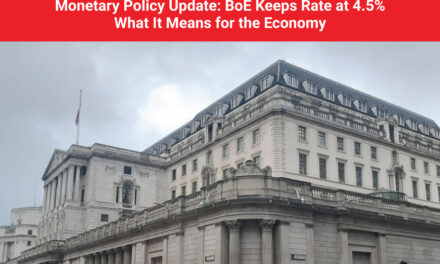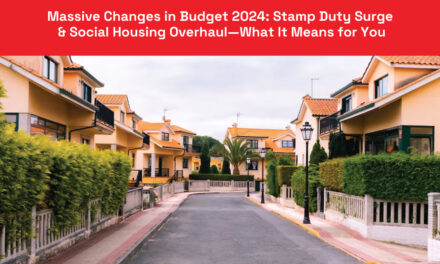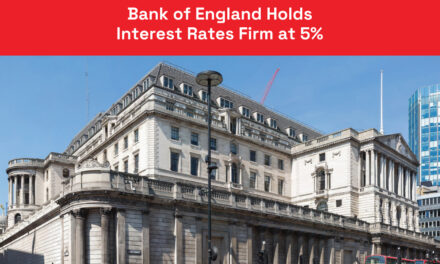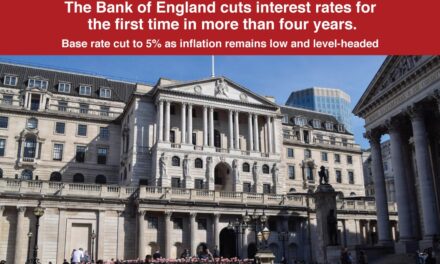Labour Election Reaction: Focus on Development and Growth
Following its landslide election win, the property industry is urging the Labour Party to fulfill its promises regarding planning reform and increased housebuilding.
The City’s reaction to Keir Starmer’s victory has been positive. On the FTSE 100 index, Persimmon, Vistry Group, Taylor Wimpey, and Barratt Developments are among the top risers, with gains ranging between 1.7% and 2.5%. The UK housebuilders’ index has risen by approximately 2%.
Analysts anticipate that the new government will take several steps to address housing challenges:
Restoring Mandatory House Building Targets: The government aims to build 1.5 million houses over the next five years.
Streamlining the Planning System: Efforts to expedite decision-making and remove red tape.
Increasing Social and Affordable Housing: A focus on meeting diverse housing needs.
Barratt Developments’ Chief Executive, David Thomas, emphasises the urgency of addressing the housing shortage: “The country needs more new homes of all types and tenures. We look forward to collaborating with the new government to build 1.5 million homes across the next parliament. This includes unlocking planning processes and facilitating affordable financing for first-time buyers.”
Ryan Etchells, Chief Commercial Officer at Together, highlights the need for substantial change: “While Labour’s pre-election commitment to building 1.5 million homes aligns with the previous government’s targets, achieving these ambitious numbers requires real transformation. We advocate for a radical overhaul of the planning system, removing obstacles and incentivizing small and medium-sized housebuilders to create quality, modern, and affordable homes.”
Renters’ Rights also feature prominently in Labour’s manifesto. The party vows to “immediately” abolish Section 21, which allows ‘no-fault’ evictions, and prevent exploitation and discrimination against private renters. This commitment comes after the Conservative Party’s Renters Reform Bill, introduced last May, ran out of time in the previous parliament.
Oli Sherlock, Managing Director of Insurance at Goodlord, emphasizes the need for clarity: “The new government must provide clear information on renter’s reform. Addressing concerns around Section 21 and court backlogs is essential before legislation takes effect.”
Ben BeadleChief Executive of the National Residential Landlords Association, expresses readiness to collaborate: “We stand ready to work constructively with the new government to ensure fair and workable changes for tenants and responsible landlords. However, reform should not exacerbate the existing shortage of rental properties.”
Labour’s commitment to First-Time Buyers (FTBs involves making the existing mortgage guarantee scheme permanent and rebranding it as the Freedom to Buy Scheme. Under this plan, lenders would offer mortgages with a 5% deposit, with the government acting as a guarantor for part of the home loan.
Karen Noye, a mortgage expert at Quilter, raises concerns about the scheme’s effectiveness: “While making the mortgage guarantee scheme permanent is commendable, it doesn’t address the fundamental issue of high property prices relative to average incomes. Additionally, the risk of negative equity remains for those taking high loan-to-value mortgages.”
Despite the challenges, the housing industry is determined to start on the right foot with the new administration after 14 years of Conservative government and 16 housing ministers.
































































































